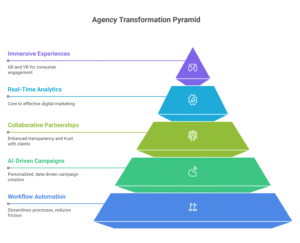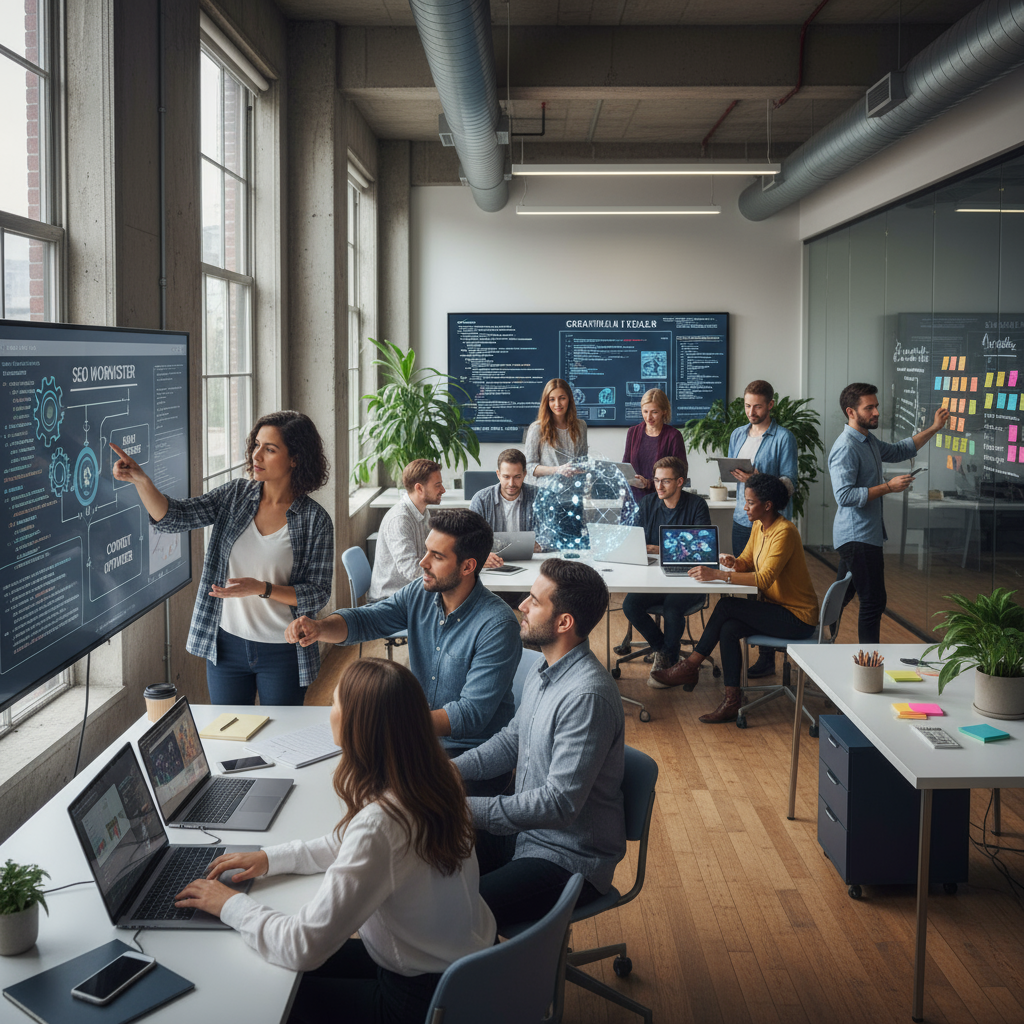Digital agencies in 2026 are experiencing a seismic transformation. The rapid adoption of workflow automation is driving efficiency, transparency, and innovation across the industry. By automating repetitive tasks—such as client reporting, approvals, or campaign management—agencies are enabling their teams to focus on higher-value strategy and creativity. This not only minimizes human error but fosters real-time collaboration and accountability.
Major industry reports confirm that automation tools allow marketing teams to streamline campaigns, personalize experiences, and manage projects with greater agility. As automation becomes foundational, agencies that embrace these tools will remain competitive and responsive to evolving client needs.
For an overview of digital marketing automation and more, visit the Techosoft digital marketing solutions hub.
Key Trends Shaping Agencies in 2026

- Workflow automation streamlines agency processes and reduces operational friction.
- Artificial Intelligence (AI) enables personalized, data-driven campaign creation on an unprecedented scale.
- Client-agency relationships are evolving into collaborative partnerships, with enhanced transparency and trust.
- Real-time data analytics and personalization have become core to effective digital marketing.
- AR and VR are being adopted to create immersive consumer experiences.
AI’s Impact on Creative Processes
AI is having a profound effect on creativity within agencies. By analyzing massive data sets, AI tools identify consumer trends faster, empowering marketers to tune campaigns for optimal resonance. Generative design tools and AI-assisted copywriting let teams test multiple variations in minutes, embracing experimentation and increasing innovation.
For example, automated personalization and predictive campaign tools—highlighted by Smart Insights—are now common in top-performing agencies, allowing for deeper audience targeting and campaign effectiveness. This synergy of human imagination and algorithmic insight marks the next chapter in digital campaigns.
Evolving Client-Agency Relationships in a Transparent Age
Traditional agency models—built on one-way service delivery—have given way to true strategic partnerships. With clients more informed and data-savvy than ever, agencies are expected to consult, collaborate, and innovate alongside them. Real-time collaboration platforms and digital communication tools have made frequent, transparent updates the norm, building enduring trust.
Agencies that prioritize proactive dialogue and insight-driven recommendations are poised to deliver stronger results and longer-lasting partnerships.
The Power of Data Analytics and Personalization
Digital marketing now hinges on sophisticated analytics. Agencies aggregate and analyse data from websites, social platforms, and customer interactions to create campaigns precisely tuned to audience segments. Real-time dashboards illuminate what’s working, while insights power micro-targeted content and offers.
Virtual and Augmented Reality Redefining Digital Campaigns
Immersive marketing—using AR and VR—has gained significant traction in the digital agency toolkit. By letting consumers visualize products in their own context or participate in branded virtual environments, agencies can command emotional engagement beyond the traditional web experience.
As technology matures, expect to see more virtual try-ons, 3D ads, and interactive experiences as part of forward-thinking brand strategies.
Cybersecurity in the Digital Agency Landscape
With large volumes of client and consumer data flowing through agency systems, robust cybersecurity is more important than ever. Regulatory requirements around data privacy—such as GDPR—continue to evolve, requiring agencies to stay vigilant and compliant. Investing in security protocols, training, and risk mitigation builds trust and credibility with clients.
Sustainability and Ethics: The Next Frontier
Agencies are also responding to rising demand for sustainable and ethical marketing practices. Consumers expect transparency about data use, supply chains, and environmental impact. Agencies are working with brands to develop campaigns built on authenticity, social responsibility, and long-term value rather than hype.
Future-Ready Talent and Skillsets for Agencies
In 2026, digital agencies need talent skilled in both analytics and creative disciplines. The rise of low-code automation, hyper-personalized campaigns, and AI-powered insights means future agency roles blend data science, storytelling, and project management. Lifelong learning and adaptation are essential; agencies investing in ongoing talent development will better navigate future disruption.
For more on how your business can thrive with digital marketing and intelligent automation, explore digital marketing services.
Author
-

Sr. SEO Manger | Search Strategy & Performance Specialist
About Dilip Jeswar:
Dilip Jeswar is a skilled Sr. SEO Manager at Techosoft Solutions, with strong expertise in search strategy, technical optimisation, and organic growth. He specialises in building and executing SEO frameworks that improve visibility, strengthen rankings, and drive high-quality traffic across digital platforms.
With deep knowledge of keyword research, on-page and off-page optimisation, content development, and performance analytics, he focuses on delivering consistent, measurable results. His analytical mindset and commitment to staying ahead of evolving search trends make him a dependable leader within the SEO domain.
At Techosoft Solutions, he plays a key role in guiding SEO processes, refining workflows, and ensuring best-practice implementation to support long-term digital success.

